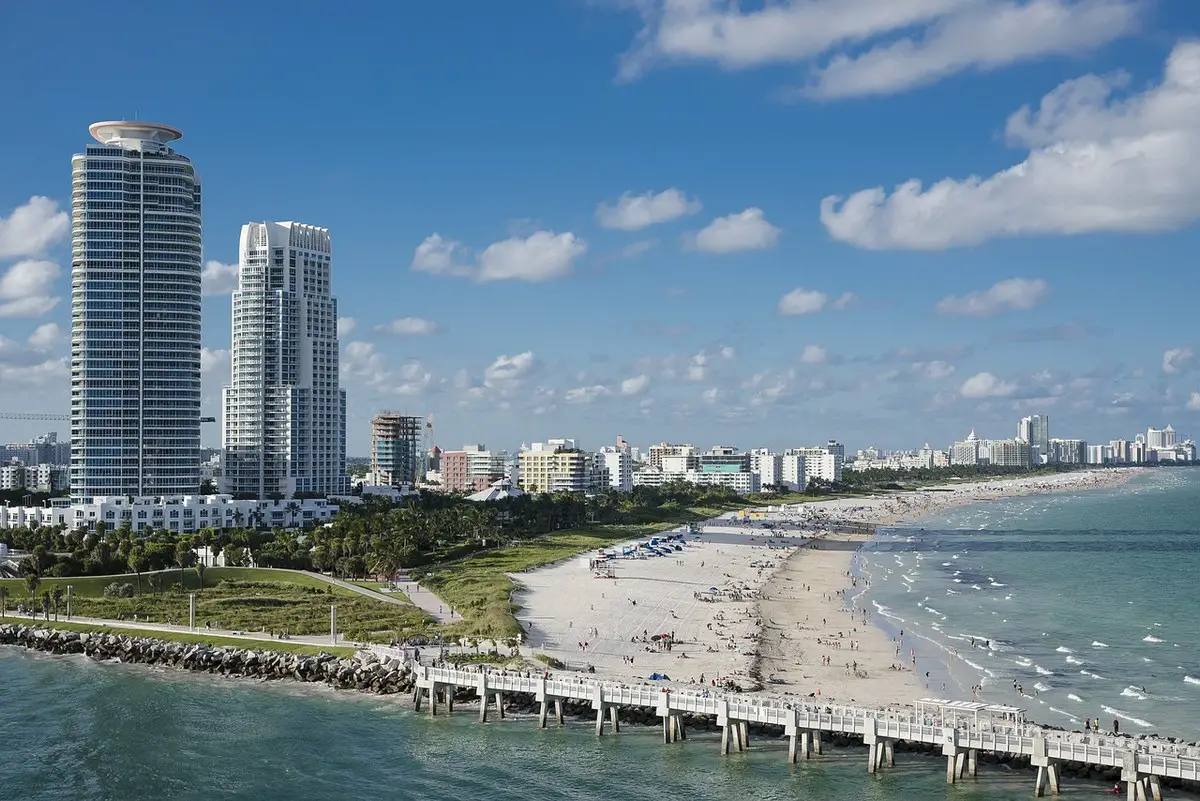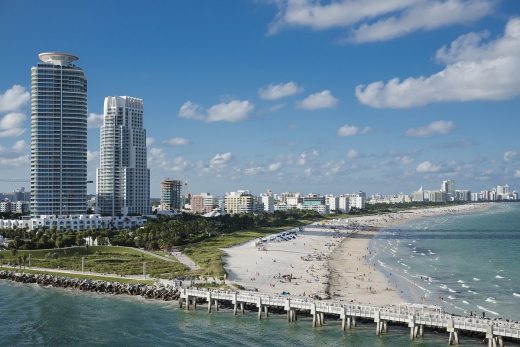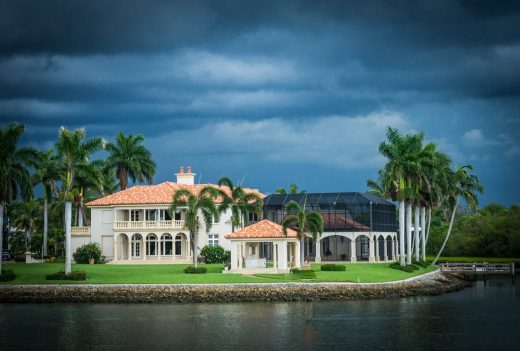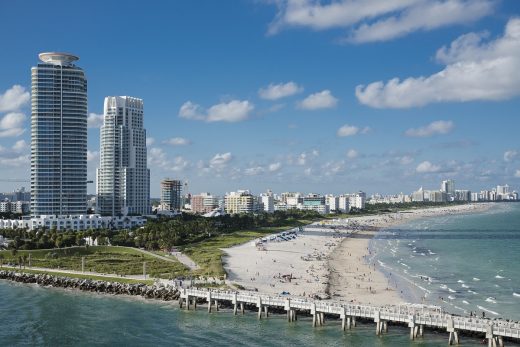Florida property development zoning regulations, FL homes zones regs, US property, United States real estate
Florida Property Development Zoning Regulations
August 6, 2024
The Role of Zoning Regulations in Florida Property Development
Zoning regulations play a crucial role in shaping the landscape of property development across the United States. In the state of Florida, these laws have a significant impact on how land is utilized and developed, particularly in the realm of commercial real estate. Understanding the intricacies of zoning regulations is essential for developers, investors, and property owners looking to navigate the complex world of real estate in the Sunshine State.
This article will delve into the fundamentals of zoning regulations and their specific application in Florida. It will explore the challenges and opportunities that these laws present for those involved in commercial real estate projects. By examining the details of Florida’s zoning framework, readers will gain valuable insights into how to effectively develop and manage property in compliance with local regulations.
The Basics of Zoning Regulations
Zoning regulations are a set of laws that govern how land can be used and developed within a specific area. These regulations are typically established by local governments and are designed to promote orderly growth, protect public health and safety, and preserve the character of communities. Understanding the basics of zoning regulations is crucial for anyone involved in property development in Florida.
Zoning codes are the specific rules and requirements that dictate what types of land uses are permitted in each zoning district. These codes define the allowed building heights, setbacks, lot sizes, and other development standards. They also outline the procedures for obtaining zoning approvals and variances.
In Florida, there are several general zoning categories, including:
- Residential: This category includes single-family homes, multi-family dwellings, and mobile home parks.
- Commercial: This category encompasses retail stores, offices, restaurants, and other businesses.
- Industrial: This category includes manufacturing plants, warehouses, and other industrial facilities.
- Agricultural: This category is reserved for farming, ranching, and related activities.
- Mixed-use: This category allows for a combination of residential, commercial, and sometimes industrial uses within a single development.
Mapping and zoning plans are essential tools for visualizing and implementing zoning regulations. Zoning maps show the boundaries of different zoning districts within a community, while comprehensive plans outline the long-term goals and policies for land use and development. These plans are regularly updated to reflect changes in community needs and priorities.
By understanding the basics of zoning regulations, property developers in Florida can ensure that their projects comply with local laws and contribute to the orderly growth and development of their communities. Familiarity with zoning codes, categories, and mapping tools is essential for navigating the complex world of property development in the Sunshine State.
Detailed Examination of Florida’s Zoning Laws
Florida’s zoning laws are a complex web of state and local regulations that govern land use and development across the state. These laws play a crucial role in shaping the landscape of property development, particularly in the realm of Florida commercial real estate.
Florida’s zoning laws differentiate between various land use categories, such as residential, commercial, industrial, and agricultural. Each category has its own set of regulations and permitted uses. For example, residential zoning may be further broken down into single-family homes, multi-family dwellings, and mobile home parks, while commercial zoning encompasses retail stores, offices, restaurants, and other businesses.
In addition to these general categories, Florida has some unique zoning requirements. For instance, the state has specific regulations for developments within coastal areas, which must take into account factors such as hurricane preparedness and beach access. Agricultural zoning laws in Florida also have provisions to protect farming activities and restrict non-farming developments.
Recent changes in legislation have also impacted Florida’s zoning landscape. In 2023, the state legislature passed the Live Local Act, which aimed to incentivize the development of affordable housing. The act allows developers to build multifamily housing in commercial and industrial areas, provided they include a set percentage of affordable units. This has the potential to significantly reshape zoning patterns in many Florida communities.
As Florida continues to experience rapid growth and development, navigating its complex zoning laws will remain a critical challenge for property developers and investors. Understanding the interplay between state and local regulations, as well as staying informed about legislative changes, will be essential for success in the Florida real estate market.
Challenges and Opportunities for FL Commercial Real Estate
Florida’s zoning regulations present both challenges and opportunities for commercial real estate developers and investors. Navigating the approval process can be complex, as it involves understanding local zoning codes, submitting detailed plans, and engaging with community stakeholders. Developers must be prepared to address concerns about traffic, noise, and environmental impact to secure necessary approvals.
Zoning disputes are another common challenge in commercial real estate. Disagreements may arise between developers and local authorities or community groups regarding the interpretation of zoning laws or the compatibility of proposed projects with existing land uses. Resolving these disputes often requires skilled negotiation and a willingness to find mutually beneficial solutions.
Despite these challenges, zoning regulations also offer strategic opportunities for commercial real estate professionals. By understanding the nuances of local zoning laws, developers can identify properties with untapped potential, such as those eligible for rezoning or with grandfathered uses. Investors can also leverage zoning to their advantage by targeting properties in areas with favorable regulations for their intended use.
Moreover, proactive engagement with local planning authorities and community stakeholders can help developers build support for their projects and streamline the approval process. By demonstrating a commitment to responsible development that aligns with community goals, commercial real estate professionals can foster positive relationships and unlock new opportunities in the Florida market.
Parting Thoughts
The zoning regulations in Florida have a profound impact on the state’s property development landscape, particularly in the commercial real estate sector. Understanding the intricacies of these laws is crucial for developers, investors, and property owners seeking to navigate the complexities of the Florida market successfully. By familiarizing themselves with the state’s zoning framework, including its categories, codes, and local variations, real estate professionals can effectively develop and manage properties in compliance with regulations.
While zoning regulations present challenges, such as complex approval processes and potential disputes, they also offer strategic opportunities for those who can identify properties with untapped potential and engage proactively with local authorities and communities. As Florida continues to experience rapid growth and development, mastering the nuances of its zoning laws will remain essential for success in the dynamic world of commercial real estate in the Sunshine State.
Comments on this guide to Florida property development zoning regulations, USA, are welcome.
Florida Real Estate
FL Building Designs
Miami Architecture Designs – chronological list
Bristol Palm Beach Luxury Condo Living
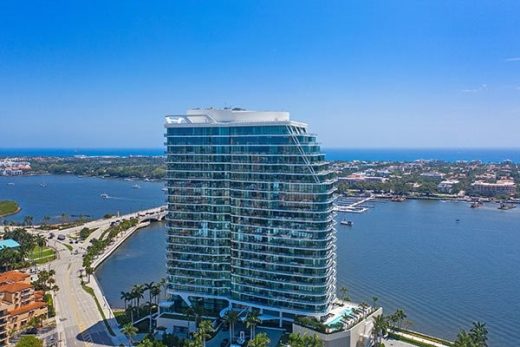
New Holocaust Museum for Hope & Humanity, Maitland, FL
Design: Beyer Blinder Belle Architects and Planners
New Holocaust Museum for Hope & Humanity, Orlando
Ombelle Duo of Towers, Fort Lauderdale, FL
Architects: ODA
Ombelle Duo of Towers, Fort Lauderdale FL
Building Design
Architecture
7 must-see architectural landmarks in Florida

Guide to Buying a House in Florida
Comments / photos for the Florida property development zoning regulations page welcome.

